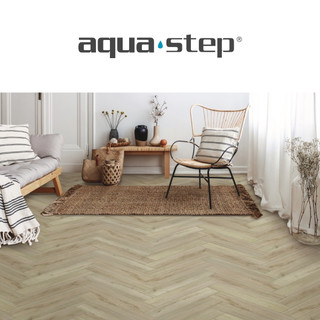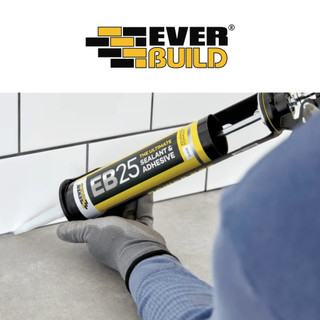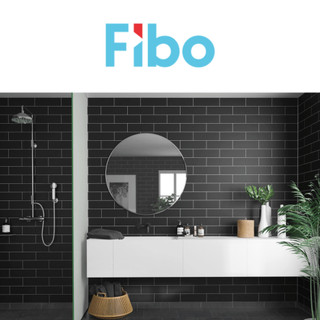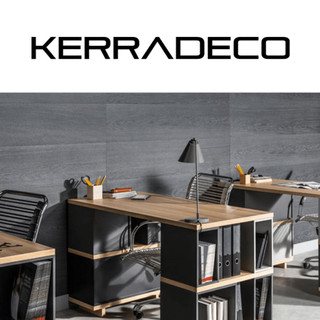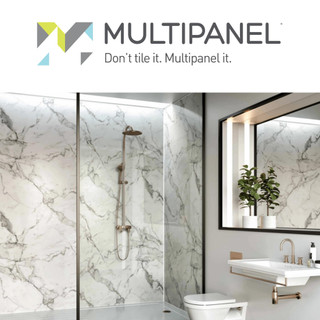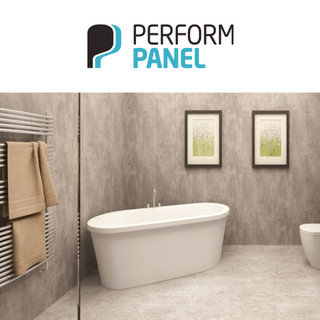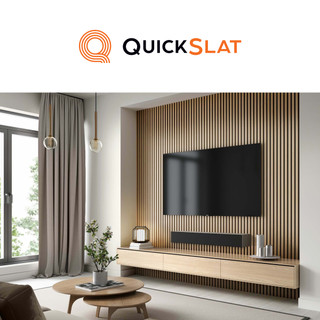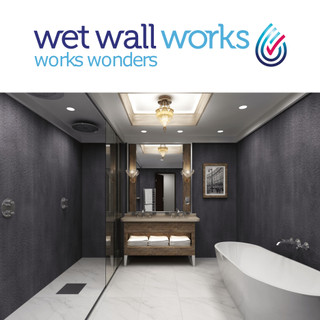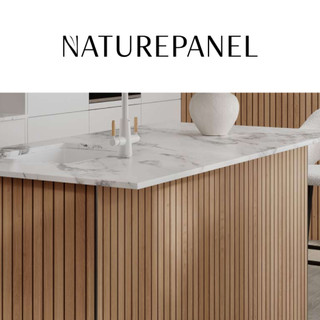



SPC Flooring
Stone Plastic Composite or SPC flooring is a type of rigid core vinyl flooring known for its durability, water resistance, and stability. It is made from a combination of limestone powder, polyvinyl chloride (PVC), and stabilizers, resulting in a highly durable and dense core. SPC flooring is a popular choice for both residential and commercial spaces due to its strength, ease of installation, and resistance to moisture.
A click-lock system, sometimes referred to as a tongue-and-groove mechanism, is commonly used to attach SPC (Stone Plastic Composite) flooring. Without the use of glue or nails, this mechanism enables the boards to lock firmly in place.
SPC (Stone Plastic Composite) flooring typically joins together using a click-lock system, also known as a tongue-and-groove mechanism. This system allows the planks to lock securely in place without the need for glue or nails.
Here’s how it works and the Installation Process:
- Interlocking Mechanism – Each plank has a tongue (protruding edge) on one side and a groove (recessed edge) on the other. These fit together to form a tight, seamless connection.
- Angled or Drop-Lock System – Most SPC flooring uses an angle-angle or drop-lock installation. Angle-Angle Click – The plank is inserted at an angle into the adjacent plank’s groove, then pressed down to lock it in place. The drop-Lock Click, the plank is laid flat, and a tapping block or rubber mallet is used to click it securely into place.
- Floating Floor Installation – Since the planks lock together without glue, SPC flooring is a floating floor, meaning it isn’t attached to the subfloor. This allows for natural expansion and contraction.
Seamless Fit – The locking system ensures a tight fit, preventing water from seeping between the seams and enhancing the floor’s durability.
You will wonder what the difference is between SPC and LVT flooring and these are the main things to take into account.
Choose SPC if: You need a highly durable, stable, and impact-resistant floor, especially for commercial spaces, busy households, or high-moisture areas.
Choose LVT if: You want a softer, more comfortable feel underfoot and don’t mind a more flexible flooring option.
